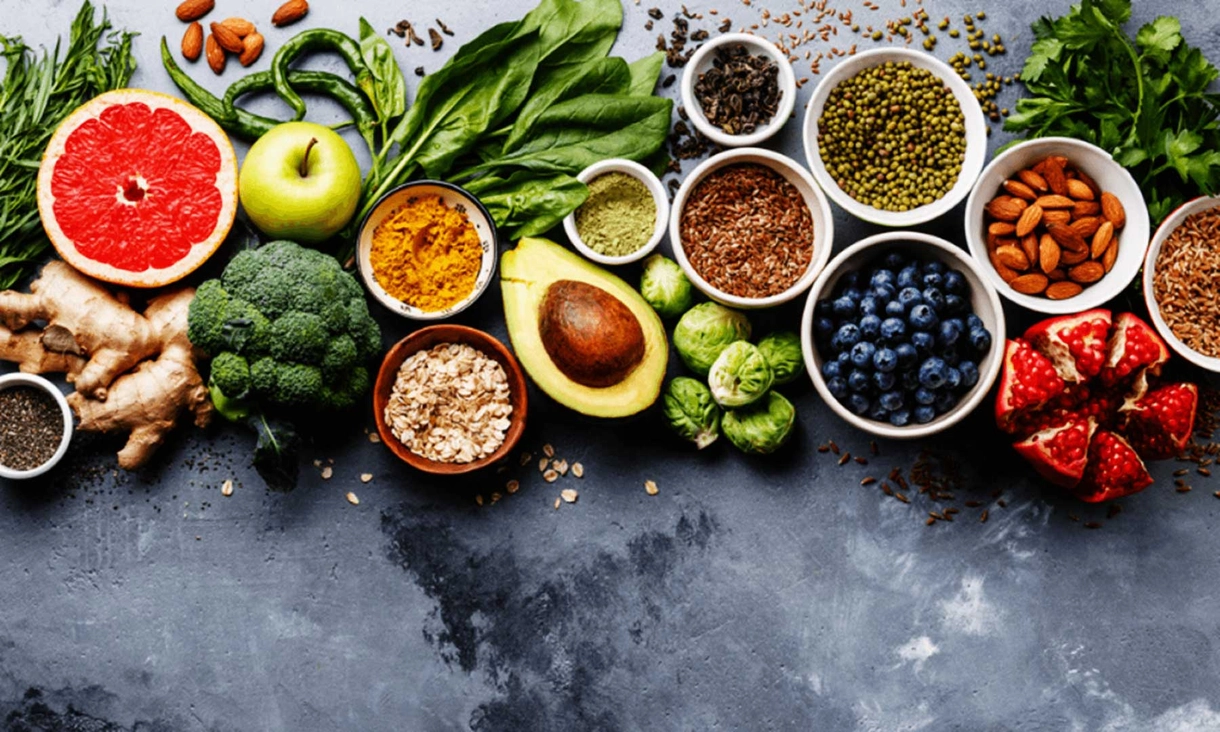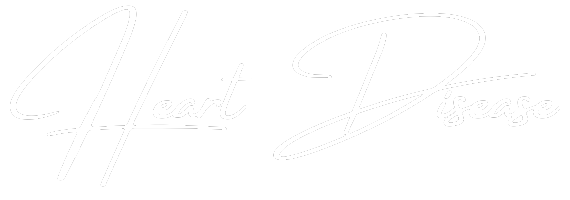
You don’t feel arteries hardening. Most heart damage starts before symptoms appear. Cholesterol builds silently. Blood vessels narrow without warning. Inflammation grows quietly. Only later come breathlessness, fatigue, or tightness in the chest. Prevention works best when it begins early. Delaying action increases risk. Small lifestyle shifts protect long before diagnosis ever happens.
Food influences blood pressure, cholesterol, and inflammatory markers
What you eat doesn’t just fill you—it affects circulation. Food influences blood pressure, cholesterol, and inflammatory markers. Processed meats, trans fats, and sugary drinks raise arterial stress. Leafy greens, berries, and oats reduce it. Saturated fat stiffens vessels. Fiber keeps them flexible. Plant-based meals aren’t trend—they support vascular repair. Each bite adds up daily.
Excess salt causes the body to retain more water
Sodium affects more than thirst. Excess salt causes the body to retain more water. This increases blood volume. Higher volume increases pressure on vessel walls. Over time, vessels weaken or thicken. Blood pressure rises steadily. Most packaged foods contain hidden salt. Read labels carefully. Choose fresh, unsalted ingredients when possible. Taste adjusts with time.
Walking every day lowers blood pressure and improves circulation
Movement matters more than intensity. Walking every day lowers blood pressure and improves circulation. It doesn’t need to be fast. Thirty minutes is enough to begin. Blood vessels respond to regular use. Exercise encourages elasticity. Heart rate lowers at rest. Muscles draw more oxygen. Risk decreases without gym memberships or extreme routines.
Inactivity contributes to insulin resistance and artery calcification
Sitting becomes dangerous when prolonged. Inactivity contributes to insulin resistance and artery calcification. The body thrives on motion. Muscles process glucose better after movement. Sedentary hours reduce blood flow. Plaque builds faster. Even small breaks help. Stand every hour. Stretch while watching TV. Don’t let hours pass without movement.
Chronic stress triggers hormonal changes that affect the heart
Stress isn’t just mental. Chronic stress triggers hormonal changes that affect the heart. Cortisol levels stay elevated. Blood vessels tighten. Sleep suffers. Emotional eating increases. Smoking may return. These all raise risk indirectly. Reducing stress takes more than rest. Deep breathing, meditation, or creative hobbies interrupt the loop. Mental health preserves physical function.
Sleep restores vascular tone and regulates blood pressure
Repair happens at night. Sleep restores vascular tone and regulates blood pressure. Interrupted sleep disrupts heart rhythms. Short sleep weakens immune defenses. Aim for seven to nine hours. Avoid screens before bed. Keep room dark and cool. Insomnia treatment may protect the heart more than expected. Rest is prevention too.
Smoking damages the lining of blood vessels
Cigarettes leave more than smoke behind. Smoking damages the lining of blood vessels. Toxins cause inflammation. Arteries narrow faster. Oxygen delivery drops. Blood becomes sticky, encouraging clot formation. Even secondhand exposure harms circulation. Quitting reverses much damage within months. No amount is safe. One cigarette per day still raises risk.
Alcohol affects blood pressure and liver function
Alcohol isn’t heart-neutral. Alcohol affects blood pressure and liver function. Even moderate drinking impacts triglycerides. The liver processes both fat and alcohol. Overload increases inflammation. Some red wine benefits are overstated. Hydration, not ethanol, supports the heart. Limit intake strictly. Abstaining may offer the clearest benefit.
High blood sugar damages artery walls over time
Glucose moves with blood—but in excess, it scars. High blood sugar damages artery walls over time. Diabetes doubles heart disease risk. Sugar binds to proteins, forming harmful compounds. Insulin resistance builds silently. Overweight individuals often remain unaware. Regular checks detect change early. Managing sugar protects every organ—not just the heart.
Belly fat releases inflammatory chemicals into the bloodstream
Not all fat behaves the same. Belly fat releases inflammatory chemicals into the bloodstream. These cytokines increase clotting risk. Visceral fat surrounds organs, unlike subcutaneous fat. Waist circumference often signals future cardiac risk. Diet alone may not reduce it. Resistance training helps. Sleep also affects fat distribution.
Omega-3 fats reduce triglycerides and arterial inflammation
Some fats help, not harm. Omega-3 fats reduce triglycerides and arterial inflammation. Found in flaxseeds, walnuts, and fish, they balance clotting and cholesterol. They lower heart rhythm disturbances. Capsules help when dietary intake is low. Not all supplements are equal—verify source purity and dosage. Whole food remains the best source.
Fiber binds to cholesterol and helps remove it from the body
Soluble fiber works quietly. Fiber binds to cholesterol and helps remove it from the body. Found in oats, apples, beans, it reduces LDL without medication. It also controls blood sugar. Fiber feeds gut bacteria that influence inflammation. Aim for 25–30 grams daily. Increase gradually to avoid discomfort.
Hydration improves blood viscosity and reduces clot risk
Blood consistency matters. Hydration improves blood viscosity and reduces clot risk. Thick blood moves slower. Dehydration stresses the heart. Water supports circulation and thermoregulation. Coffee doesn’t count. Sugary drinks strain the pancreas. Carry a bottle. Sip regularly. It’s a simple habit with wide-reaching benefits.
Regular check-ups catch silent changes before symptoms appear
Waiting for pain isn’t safe. Regular check-ups catch silent changes before symptoms appear. Blood pressure shifts. Cholesterol creeps. ECGs reveal early irregularities. Screenings save lives. Knowledge allows prevention. Don’t assume youth equals health. Age isn’t the only factor—habits are. Early detection changes everything.
Source: Heart Diseases in Dubai / Heart Diseases in Abu Dhabi
